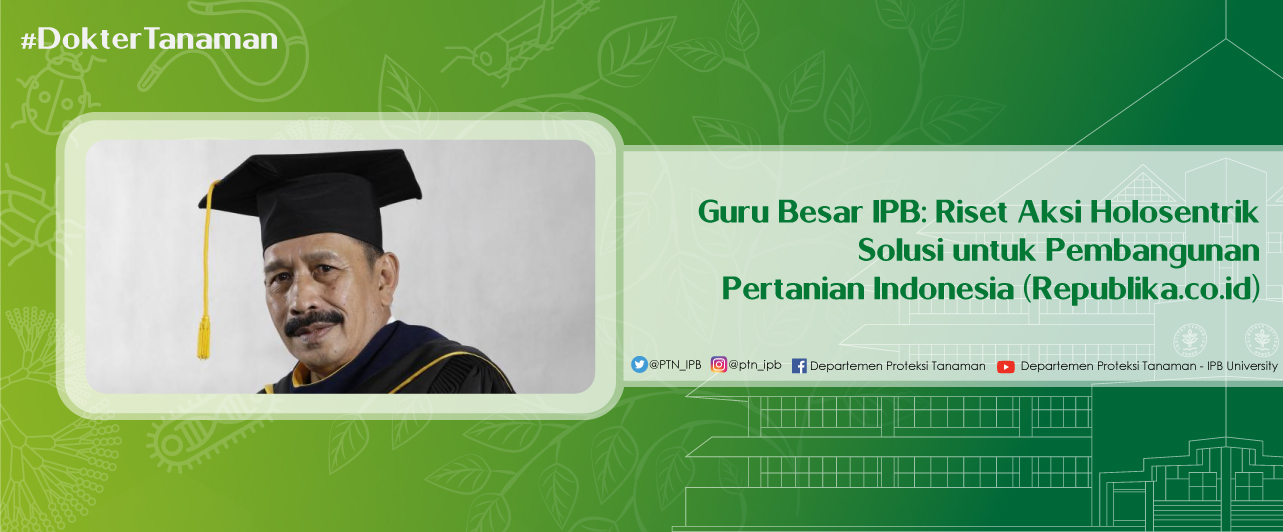
Professor of IPB: Holocentric Action Research Solutions for Indonesian Agricultural Development (Republika.co.id)
REPUBLIKA.CO.ID, BOGOR - Holocentric action research strongly encourages the birth of government, researchers and farmers collaboration in a collaborative framework with orientation to solving agricultural problems in the field.
Bogor Agricultural University (IPB) is expected to become an educational institution that encourages this holocentric action research as a solution in solving the deadlock of sectoralism in agricultural development programs in Indonesia, which so far still uses a technocentric approach.
This was conveyed by Professor Hermanu Triwidodo in a scientific oration entitled Research on Holocentric Action to Overcome Pest Explosions at the appointment of professors of IPB which he read at a press conference in Bogor, Thursday (19/05/2022).
“This holocentric action research can be an innovative approach in dealing with cases of pest explosions that occur in various places in Indonesia. Holocentric action research can be a research prototype to support sustainable agricultural development in Indonesia," said Hermanu.
As a researcher who has worked directly in the field with farmers for more than three decades, Hermanu sees that the technocentric approach is still the main approach in looking at agricultural problems.
He said technocentric is the approach used and became the basis of the green revolution. The implementation of this approach, he said, was carried out by applying the technology package developed by the center of expertise with a linear way of thinking.
Here, farmers, said Hermanu, are only placed as users of the technology produced by the center of excellence. In this case, he continued, problems in the field are documented, brought and researched to obtain conclusions and technologies that are ready to be applied by farmers.
“In this approach, the use of pesticides and synthetic chemicals is an important thing. This approach actually has weaknesses and creates a failed situation with an explosion of brown planthoppers and white stem borers,” said the man who was born in Tulungagung, 65 years ago.
In implementing Holocentric action research, Hermanu explained that researchers no longer distance themselves from farmers, but with farmers to conduct studies. This is where, he said, opens up space and opportunity for all parties to contribute to efforts to resolve problems constructively.
“Holocentric action research in pest management allows researchers and farmers to create new innovations from a shared learning process. This is different from the technocentric approach which places farmers as users of technology designed by expert sources. Here, the contribution of researchers in the holocentric approach is collaborative involvement to produce solutions directly without waiting for scientific publications,” he said.
Hermanu also explained that one of the implementations and instruments of this holocentric action research approach is a field laboratory. This field laboratory, he said, became a medium for growth and development of the human learning process with communicative rationality.
“In this field laboratory, it can be seen that communication has become more effective. There is no longer a distance between researchers and farmers as in the technocentric model,” he said.
In the research he developed, Hermanu saw that the expanse of rice fields was not only seen physically but also the soft side of land. He saw the hidden potential of the experience and wisdom of farmers, biological diversity with various levels and functions.
"During this research, the interaction of elements of the environmental system and social system significantly influences and determines crop yields, even the interaction of various stakeholders is also decisive."
"This is shown in the utilization of natural enemies, pest trap lights, egg group collection involving village officials and school children suppressing rice borer attacks," explained the father of two children.
The field laboratory which was established in Panyingkiran Village, Karawang Regency, became one of the markers of research with a holocentric approach that had been carried out by Hermanu and other researchers.
In addition, the Gotong Royong Safari which was held in 2007 by reaching 24 districts on the island of Java is a tangible manifestation of the development through this holocentric action research approach.
“This Gotong Royong Safari activity is another form of field laboratory. The spirit that is built in the gotong royong safari is to invite together to develop rational agriculture, combine the experience of farmers with the knowledge of researchers and get support from the government in its implementation,” said Hermanu.
Hermanu also suggested that IPB could be a pioneer to collaborate on this holocentric action research with an incentive system that is equivalent to two other university dharmas, namely education and research.
So far, he said, IPB has pioneered various programs and activities such as Lecturer Serving, Lecturer Returning to the Village, IPB Quick Response, unfortunately the incentive system related to BKD and SIJ as well as the requirements for promotion is still not well organized.
“Sometimes the prerequisites for the grant recipients for these activity funds are not appropriate and counter-productive. For example, don't let the requirement to get lecturer funds to go home is to produce international standard publications."
"This is where IPB can initiate it to be better and especially how science can really return and provide solutions for agriculture to make Indonesian farmers independent," said Hermanu. (Red: Muhammad Akbar – Republika.co.id)


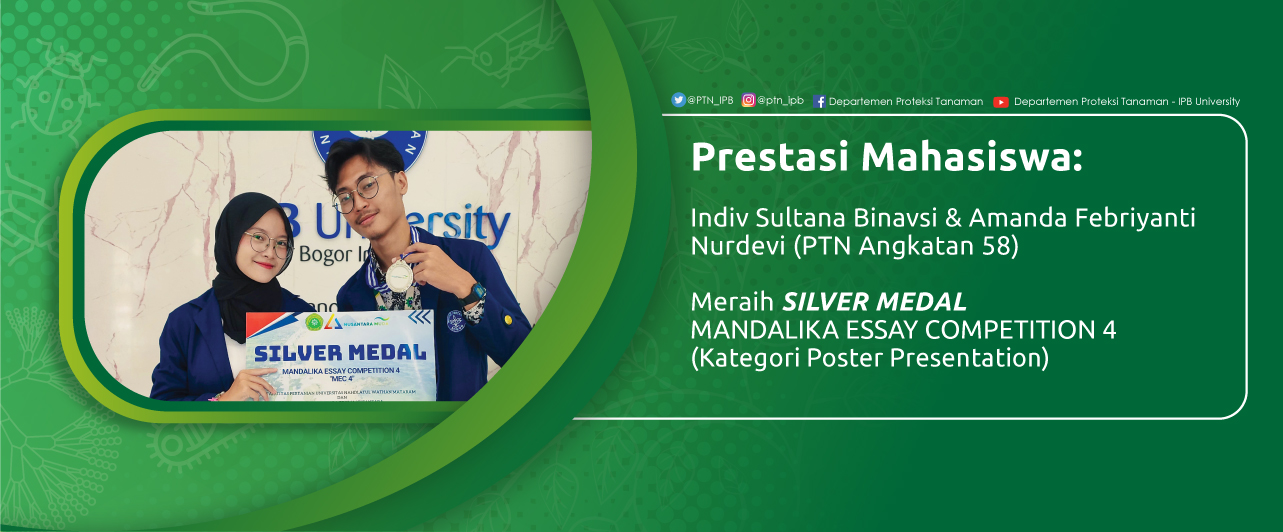
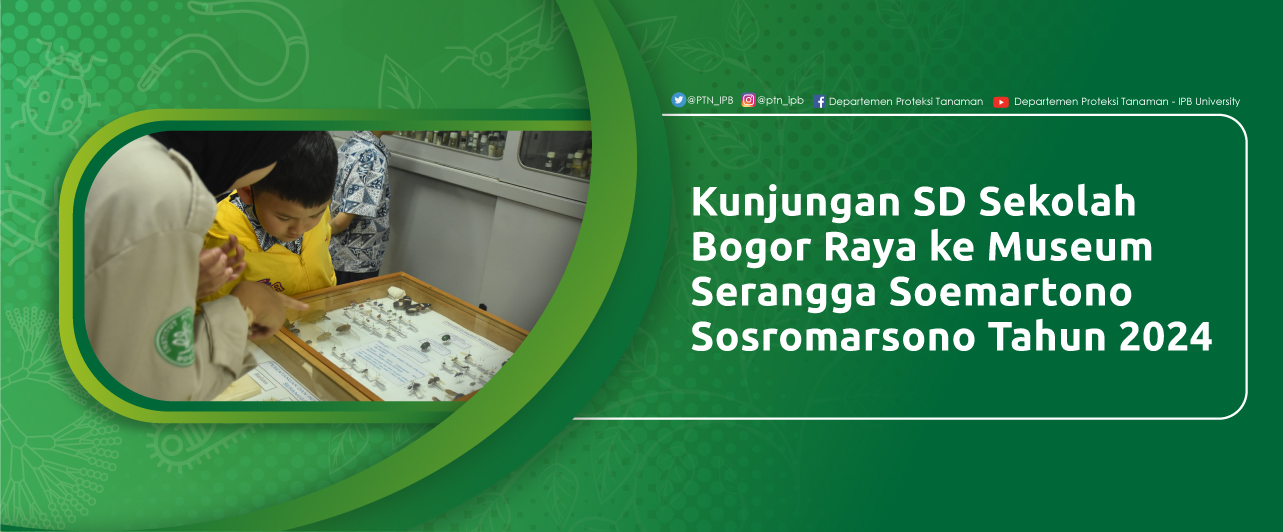
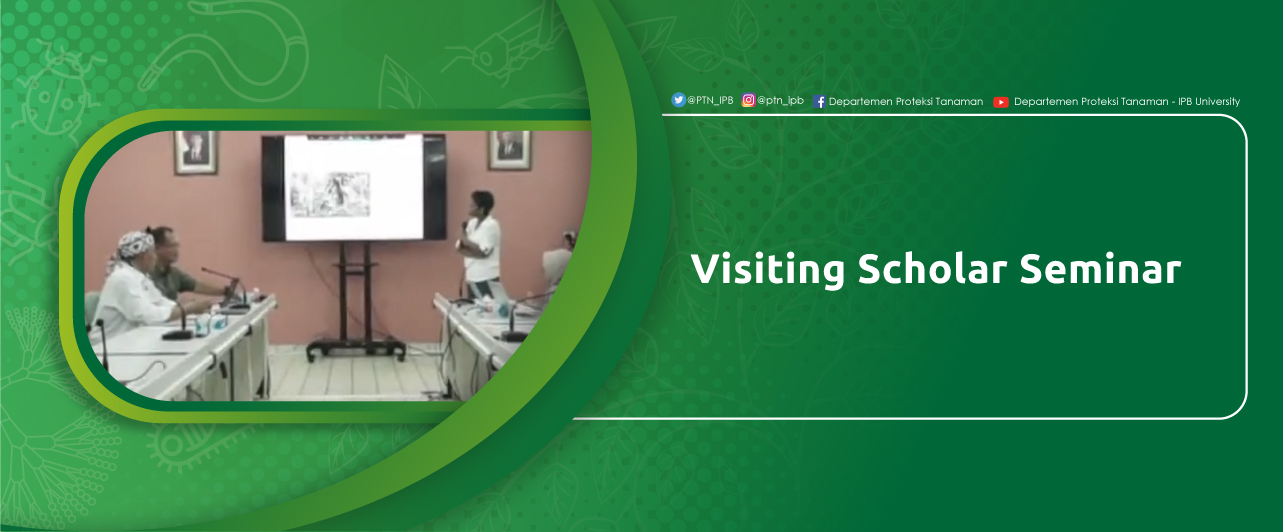
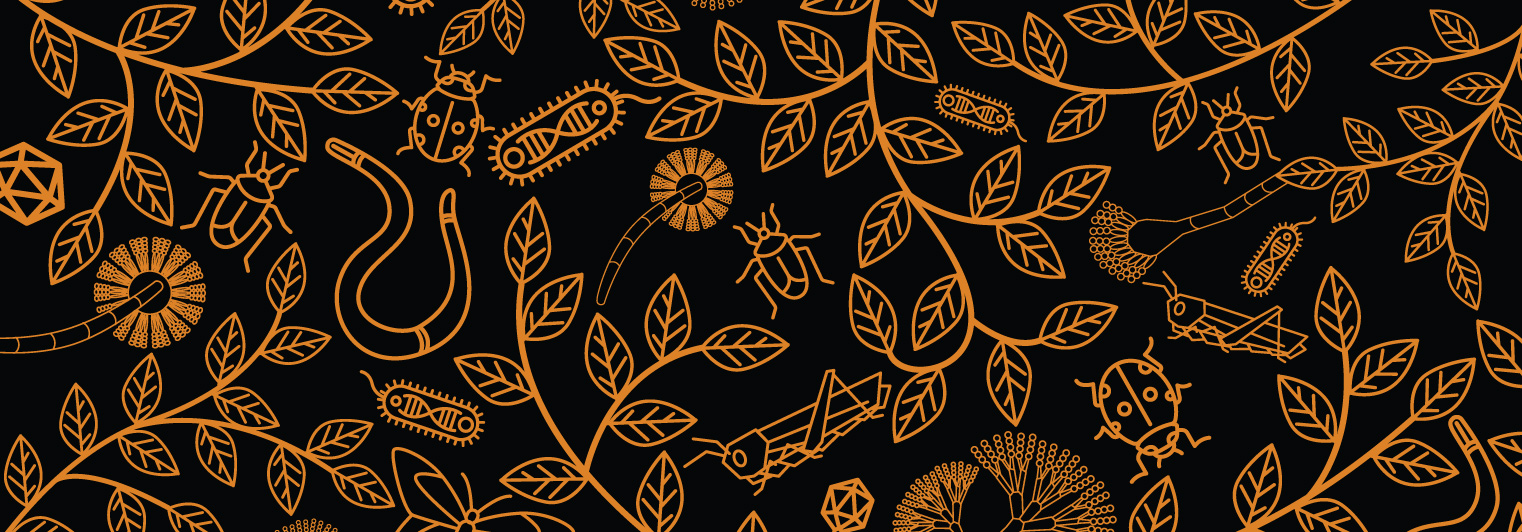
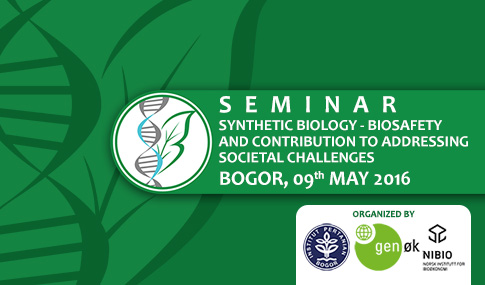
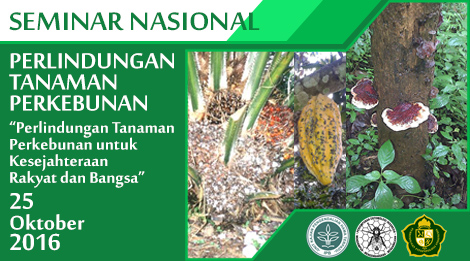
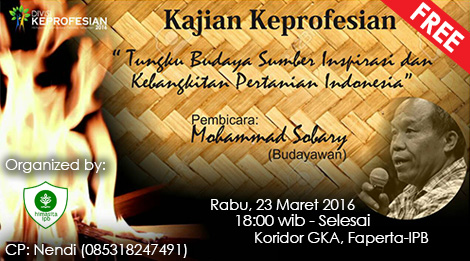
.jpg)